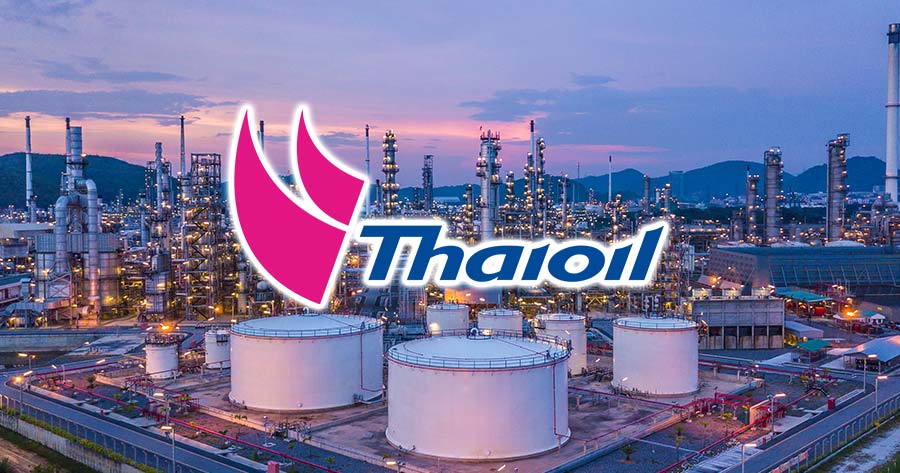Mr. Bandhit Thamprajamchit, Chief Executive Officer and President of Thai Oil Public Company Limited (SET: TOP), disclosed to “Kaohoon” that the company aims to finalize a solution to the delays in the Clean Fuel Project (CFP) at the Thai Oil refinery in Sri Racha, Chonburi, and proposed to the company’s board by the beginning of 2025.
The delays arose due to subcontractors halting work after not receiving timely payments from the main contractors, UJV, a joint venture between Samsung E&A (Thailand) Co., Ltd., Petrofac South East Asia Pte. Ltd., and Saipem Singapore Pte. Ltd.
“We need to carefully examine the legal details before proposing solutions early next year. Once the board makes a decision on a proposed solution, ‘Thai Oil’ will implement it, ensuring the project’s progression,” stated Mr. Bandit.
Originally, the CFP was scheduled for completion by 2023, but construction faced interruptions during the COVID-19 pandemic. As of today, over 90% of the work has been completed, with the remaining stages requiring a payment of about 10-20 billion baht to UJV based on the completion of its work. However, disputes between the subcontractors and UJV have stalled progress.
The company is currently assessing the impact of rising costs caused by delays in the CFP and is developing comprehensive solutions to address the issues while considering the impact on stakeholders, including shareholders and project contractors.
Mr. Bandit further noted that once the CFP is operational, it will boost oil production capacity by approximately 40% from current levels. The new crude oil refining units will increase total production capacity for TOP from 275,000 barrels per day to 400,000 barrels per day.
Additionally, Thai Oil’s refining margin could potentially increase to USD 10 per barrel from the current average of USD 5 per barrel. This increase stems from the ability to convert heavy, low-value fuel oil into higher-value diesel and jet fuel.
With the new refinery, the export ratio of oil to CLMV countries (Cambodia, Laos, Myanmar, Vietnam) is expected to rise to 40% from the current 11%, driven by increased production capacities, particularly for the high-demand diesel and jet fuel. This development is expected to significantly boost the company’s revenue.
A source has indicated that the UJV consortium is currently considered to be breaching its construction contract with Thai Oil, as it has failed to deliver work milestones as agreed. There are several potential solutions to address this issue.
The first option involves negotiating with UJV to continue the project. However, this is unlikely because the foreign contractors are refusing to pay subcontractors their due installments and are also attempting to demand additional compensation. The original contract with Thai Oil clearly states that UJV cannot claim additional funds after the amendment both parties agreed upon after the pandemic and must bear the responsibility themselves.
The second option is for Thai Oil to terminate the contract with UJV and appoint a new contractor to carry out the work. This approach promises a swift resolution, allowing the new contractor to liaise with the subcontractors to create new agreements and continue the project without the issues faced previously. However, this method may lead to increased construction costs, as the new contractor would have to complete the unfinished tasks left by the previous contractor, resulting in higher expenses.





